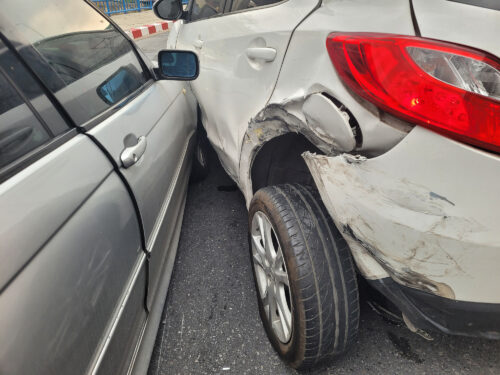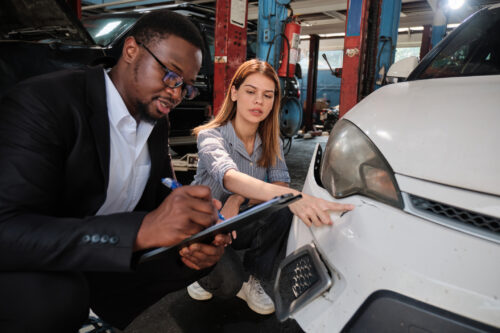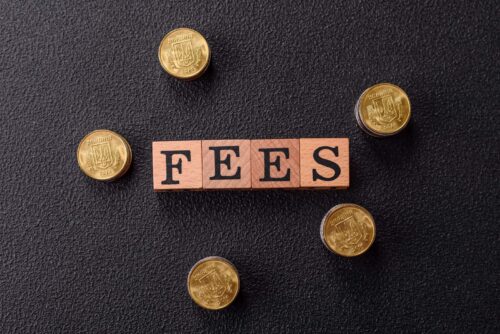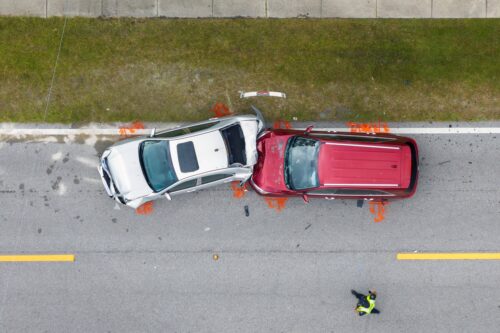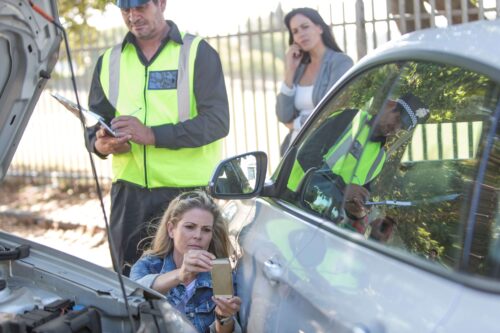
Determining fault is a primary step in resolving insurance claims and helping ensure fair compensation. Insurance adjusters are responsible for investigating the circumstances of the crash, gathering evidence, and deciding who bears responsibility for the damages. Their evaluation relies on evidence like police reports, photos, witness accounts, and sometimes expert opinions.
Understanding how adjusters determine who is at fault can help you better prepare for their investigation and ensure your perspective is accurately represented. This knowledge is not just empowering—it can also influence the outcome of your claim and the compensation you may receive. Knowing what to expect can make a big difference when navigating the process of filing a claim and recovering damages. Learn more with this article from Attorney Jim Glaser at Jim Glaser Law.
Table of Contents
- The Insurance Adjuster’s Investigation
- Your Attorney Will Conduct Their Own Investigation
- Can You Argue With an Adjuster’s Decision About Fault?
- Recovering Damages If You Are Partially at Fault
- Massachusetts Is a No-Fault State: What Does This Mean?
- How Long Does an Insurance Company Have to Determine Fault?
- How To Prove You Are Not at Fault in a Car Accident
The Insurance Adjuster’s Investigation
The insurance adjuster’s role is to conduct detailed investigations to determine who is responsible for an accident. This process often involves:
- Reviewing medical records to assess the injuries sustained.
- Examining the police report for factual details and possible citations issued at the scene.
- Analyzing photos from the accident, including vehicle damage, the roadway, and any tire marks. These elements can help recreate the events of the accident.
- Speaking with witnesses to gather statements and uncover additional details.
The adjuster’s goal is to piece together a clear picture of what happened to assign fault accurately.
Examples of Negligence That Indicate Fault
Certain behaviors are strong indicators of fault in car accidents. Adjusters look for these common examples of negligence:
- Following too closely
- Engaging in distracted driving, such as texting, eating, or adjusting in-car controls
- Not using a turn signal to indicate lane changes or turns
- Speeding, which often contributes to accidents
- Running red lights or ignoring stop signs
- Driving under the influence of drugs or alcohol
- Failing to yield the right of way
- Making illegal turns or U-turns
- Driving without functioning headlights or brake lights
- Reckless or aggressive driving, such as weaving in and out of traffic
These actions can serve as evidence during an investigation and strongly suggest which party acted negligently.
Your Attorney Will Conduct Their Own Investigation
Apart from the elements mentioned above in an insurance adjuster’s investigation, various other types of evidence can be used by your attorney to significantly impact the attribution of fault:
- Operator’s Reports: Occasionally, a driver may admit fault in their operator’s report. These reports can serve as powerful evidence during settlement negotiations or in court.
- Expert Testimony: For complex or disputed accidents, testimony from accident reconstruction experts can provide clarity, offering evidence that convincingly attributes fault to 1 party.
Depending on the type of accident, additional evidence, such as black box data or trucking company records in commercial vehicle cases, may also play a role. Partnering with an experienced attorney can help ensure all relevant evidence is collected and used effectively.
How You Can Help
If you’ve been in an accident, you can take steps to strengthen your case and ensure a fair determination of fault:
- Collect as much evidence as possible at the scene. Take photos of the damage, road conditions, and any contributing environmental factors. Get witness statements if available.
- Do not admit fault at the scene. Your initial perception may not fully capture all circumstances of the accident. Avoid making statements that could be interpreted as an admission of guilt. Trust the investigations conducted by your attorney and the insurance adjuster. This will provide a better understanding of your role in the accident.
By being proactive and mindful, you can protect your interests and avoid unnecessary complications during the claim process.
Can You Argue With an Adjuster’s Decision About Fault?
Yes, you have the right to challenge an adjuster’s findings if you disagree with their fault determination. Additional evidence can help present your case more clearly.
If there is a dispute regarding fault, you will likely need a lawyer to strengthen your claim. An experienced personal injury attorney can ensure your perspective is fairly represented, helping you secure a fair outcome.
Recovering Damages If You Are Partially at Fault
Just because you hold some fault does not mean you are barred from compensation. Multiple parties can be held liable, with fault percentages assigned to each party involved.
Massachusetts law allows you to recover damages as long as your share of fault is equal to or less than the other parties involved. For example, if the other driver is 60% at fault and you are determined to be 40% responsible, you could still recover compensation, but your settlement will be reduced by 40%. This concept, known as comparative negligence, ensures that victims can pursue financial recovery even in complex cases.
Massachusetts Is a No-Fault State: What Does This Mean?
Massachusetts operates under a no-fault system for insurance purposes. This means you can turn to your own Personal Injury Protection (PIP) insurance for coverage, regardless of who caused the accident.
This does not necessarily prevent you from filing a claim against another driver in certain situations. If your medical bills exceed $2,000 or if you suffer a permanent injury, you may be eligible to pursue additional compensation outside of your insurance policy. An experienced attorney can help you understand your options and guide you through the process.
How Long Does an Insurance Company Have to Determine Fault?
The time it takes for an insurance company to determine fault depends on the insurer and the complexity of the case. Some claims are resolved within weeks, while others may take months. Delays are not uncommon, especially when evidence or witnesses are involved.
If you’re unsure about the timeline for your case, consult an attorney familiar who can review the intricacies of your insurer’s procedures and requirements. This ensures your case is managed effectively and helps keep the insurer accountable for timely resolution.
How To Prove You Are Not at Fault in a Car Accident
Knowing how adjusters determine who is at fault in a car accident is just the first step in securing fair compensation. Building a strong case requires gathering evidence, addressing contributing factors, and ensuring your injuries are thoroughly documented. Navigating the claims process can feel overwhelming, but you don’t have to face it alone. The team at Jim Glaser Law is here to help.
If you need a car accident lawyer in Boston, Sharon, Cambridge, or anywhere else in the state, contact us today for a free consultation. Let us guide you through the process and work toward the compensation you may deserve.



